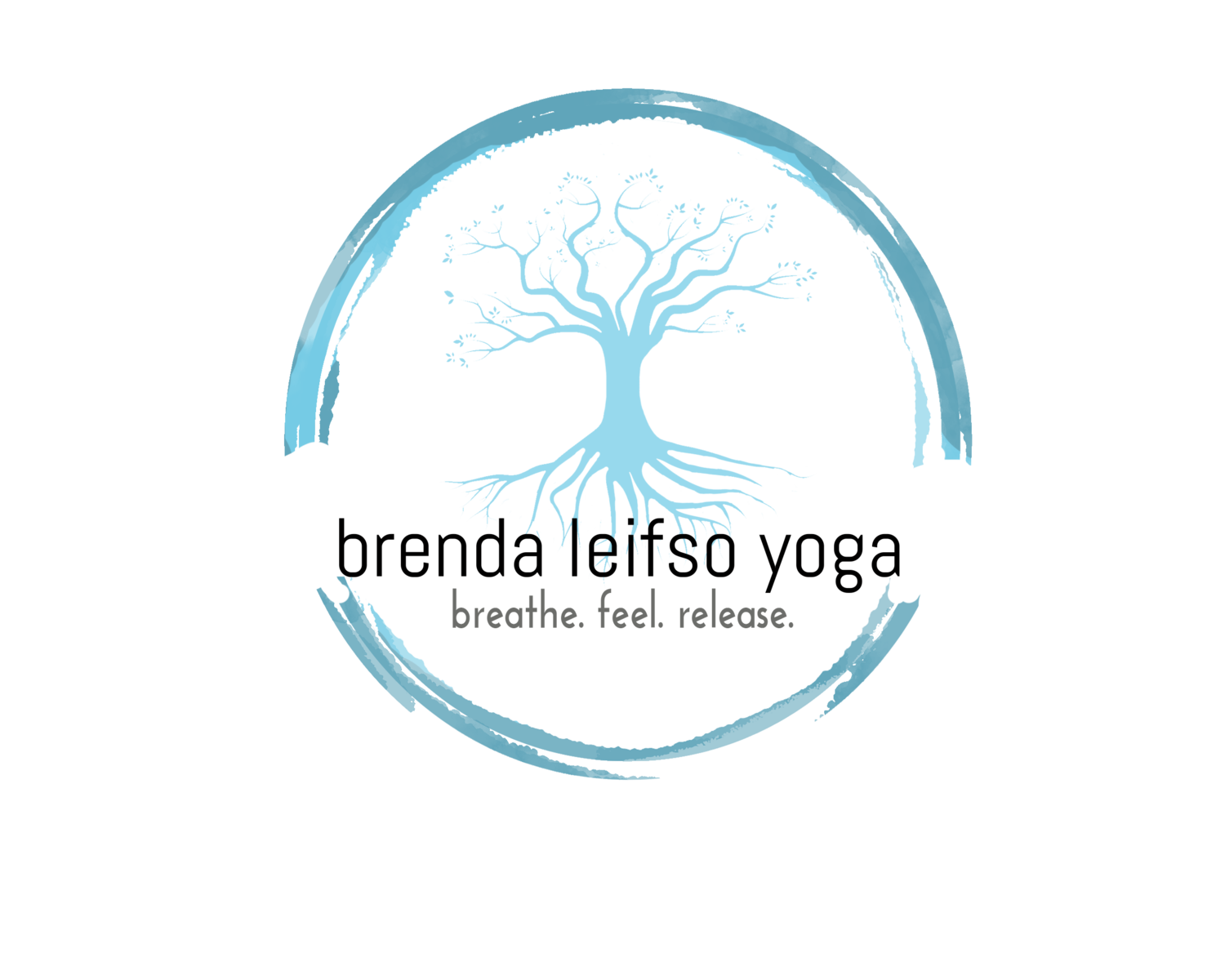For a year and a half now, part of my morning routine has included asking myself these questions:
Who am I when I am simply being?
Where am I when I am simply being?
How am I when I am simply being?
Do I need or want for anything when I am simply being?
What’s happening to time when I am simply being?
I didn’t make these questions up. They came from Richard Miller, who offered them as part of a teaching I attended celebrating the life and work of yoga teacher T.K.S Desikachar. I very much admire Richard Miller’s work in yoga nidra and, when I make time for naps, often fall asleep to his dulcet tones.
I have taken these questions with me into the incessant beep beep of tuk-tuks in India, into the stillness of humid Cambodia mornings, into the sound of fish jumping and frogs croaking and mosquitos buzzing in my ear canals of summer camp, to my writing cabin, to a yurt in wintertime, to hotels for work, to the hospital, and back again to my yoga mat in the mornings.
Most mornings, I don’t even try to answer these questions. I just ask them before my mind leaps towards its to-do lists, its taking stock of relationships, its listening to the mice in the walls. I try to keep breathing while I ask them. And somehow in the asking, I’ve had glimpses of being part of the world in the biggest sense, of being inside a small slice of vast geologic time, of knowing that one day my bones just might amount to a fossil imprint on a sea bed or a limestone outcrop.
Often in these early hours, I’m ok with that, and, in fact, it comforts me. It’s the rest of the day that’s the problem.
As I wrote a few weeks ago, I have a tendency toward measurement, of making sure I Add Up in the world. Fear drives me through endless mazes of doing and achieving and self-recrimination for all the not doing and not achieving on endless repeat (sound familiar?) because what my heart would like me to realize, but what I would like to ignore, is that I have to sit with the truths of these deep fears I hold:
Am I afraid of who I am when I am simply being?
When I come to the end of my life, will I know I have not loved?
When I come to the end of my life, will I know I have chosen to ignore the gift life is?
When I come to the end of my life, will anyone want to hold my hand?
Do I actually, truly have the capacity and the desire to change so I come to the end of my live in love?
Like many of my questions, I don’t as yet have answers though I do wonder if holding them gently rather than running so hard and fast away from them would allow for more softness in the experience and response.
Trying to hold the questions softly as we arrive in the darkest night of the year seems like a good idea. One of the things I appreciate about the Christian calendar is that the days before Christmas are actually meant to be ones of quiet contemplation. When we attended a beautiful, soulful church in Ottawa, I loved the Christmas Eve service, where each person held a taper candle in their hands, which, one-by-one, the person beside us lit.
Oh, friends. Can we put down all of our trappings for a few moments and sit with the questions? Can we let the night be silent? Can we take the light offered to us and in turn offer it the person beside us?













